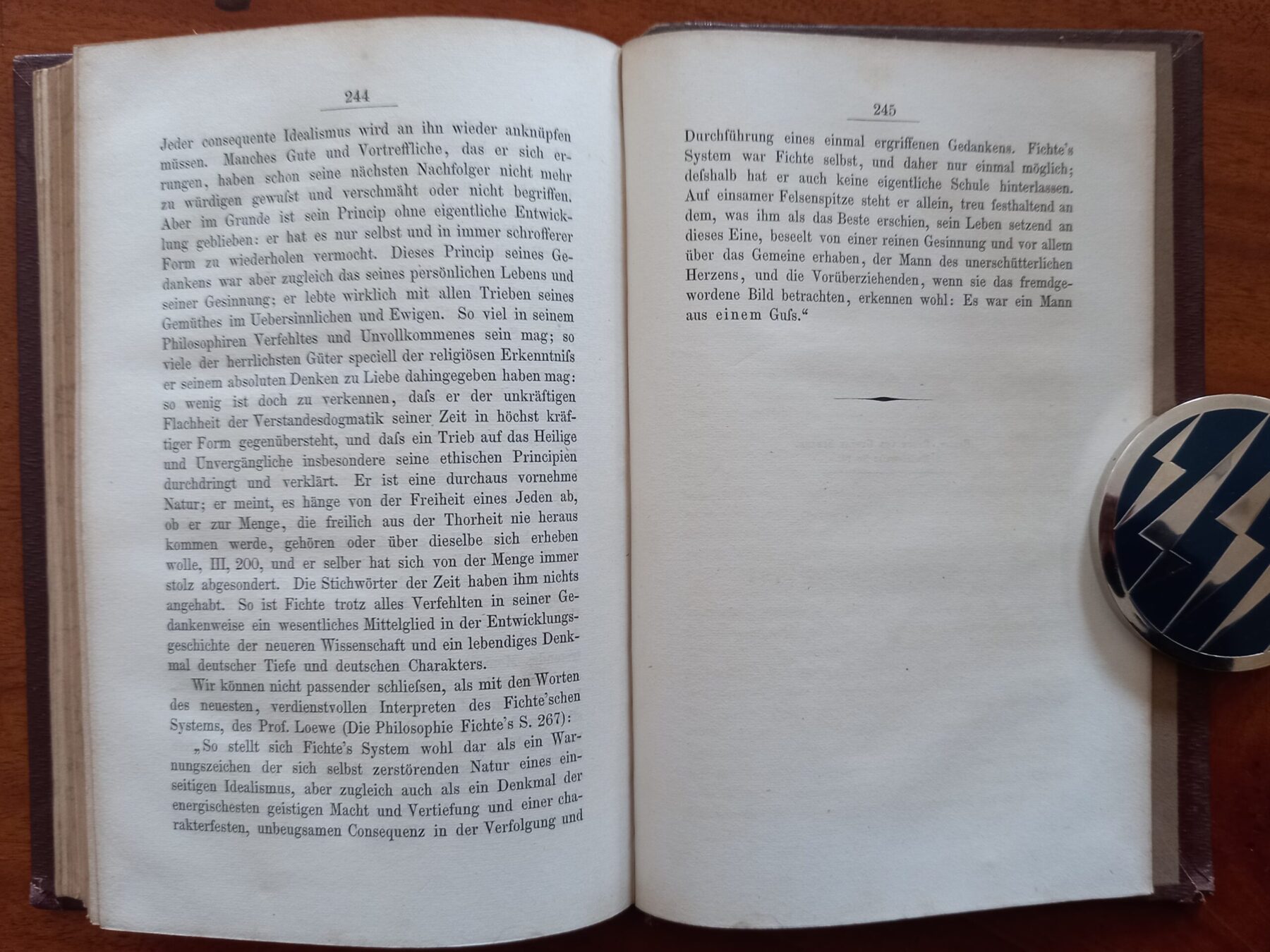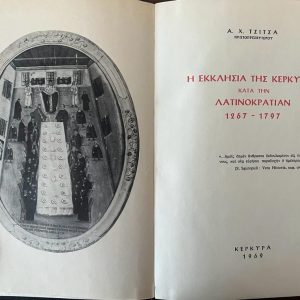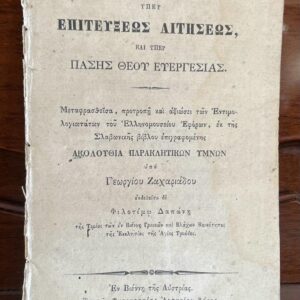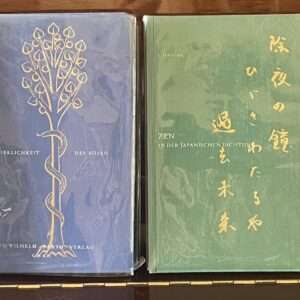1863, Johann Gottlieb Fichte, Im Verhältniss zu Kirche und Staat, Adolf Lasson
70.00€
Meyer Jürgen Bona M., (philosopher, 1829 – 1897). As the son of a wealthy merchant, he grew up in Hamburg and attended the Johanneum there from 1842-49. In the autumn of 1849 he went to Bonn to study medicine and natural sciences, but soon turned from the latter to philosophy, the study of which he continued in Berlin from 1851, primarily under Trendelenburg. Here he received his doctorate in philosophy in the summer of 1854 on the basis of a dissertation “De principiis Aristotelis in distributione animalium adhibitis”. The following year he dedicated a larger work to the same subject: “Aristotle’s Animal Science; a contribution to the history of zoology, physiology and ancient philosophy” (Berlin 1855). In the midst of the diversity of the ancient master’s empirical view of nature, the book astutely recognizes the basic principles of his philosophical system. Meyer was then asked to work on the Aristotle index that the Berlin Academy had produced and took over the scientific articles for it.
Description
Adolf Lasson
Johann Gottlieb Fichte
Im Verhältniss zu Kirche und Staat
Adolf Lasson
Johann Gottlieb Fichte
In Relation to Church and State
Published by Verlag von Wilhelm Hertz in 1863
Hand dedicated by the Publisher to Meyer Jürgen Bona
Rare First Edition
Contemporary Half Leather Binding
Pages IV + 246
21cm x 14cm
Johann Gottlieb Fichte (1762 – 1814) was a German philosopher who became a founding figure of the philosophical movement known as German idealism, which developed from the theoretical and ethical writings of Immanuel Kant. Recently, philosophers and scholars have begun to appreciate Fichte as an important philosopher in his own right due to his original insights into the nature of self-consciousness or self-awareness . Fichte was also the originator of thesis–antithesis–synthesis, an idea that is often erroneously attributed to Hegel. Like Descartes and Kant before him, Fichte was motivated by the problem of subjectivity and consciousness. Fichte also wrote works of political philosophy; he has a reputation as one of the fathers of German nationalism.
Adolf Lasson (1832 – 1917) was a German Jewish philosophical writer, strident Prussianist, and the father of Georg Lasson.
Wilhelm Ludwig Hertz (1822 – 1901) was a Berlin bookseller and publisher.
Additional information
| Languages | German |
|---|
You may also like…
-

1909, Thomas Mann, Nobel Laureate, Der kleine Herr Friedemann und andere Novellen
35.00€ Add to cart -

1922, Max Brod, Jüdinnen, Original Binding, Kurt Wolff Verlag München
125.00€ Add to cart -
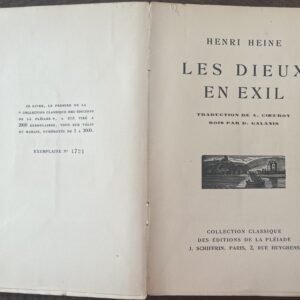
1926, Henri Heine, Les Dieux en Exil, Demetrios Galanis, 1/2000 Copies, Heinrich Heine
55.00€ Add to cart -

1903, De l’Importance du Public, Andre Gide, 1/100 Copies, Nobel Laureate, Including his Business Card from Algier!
250.00€ Read more










